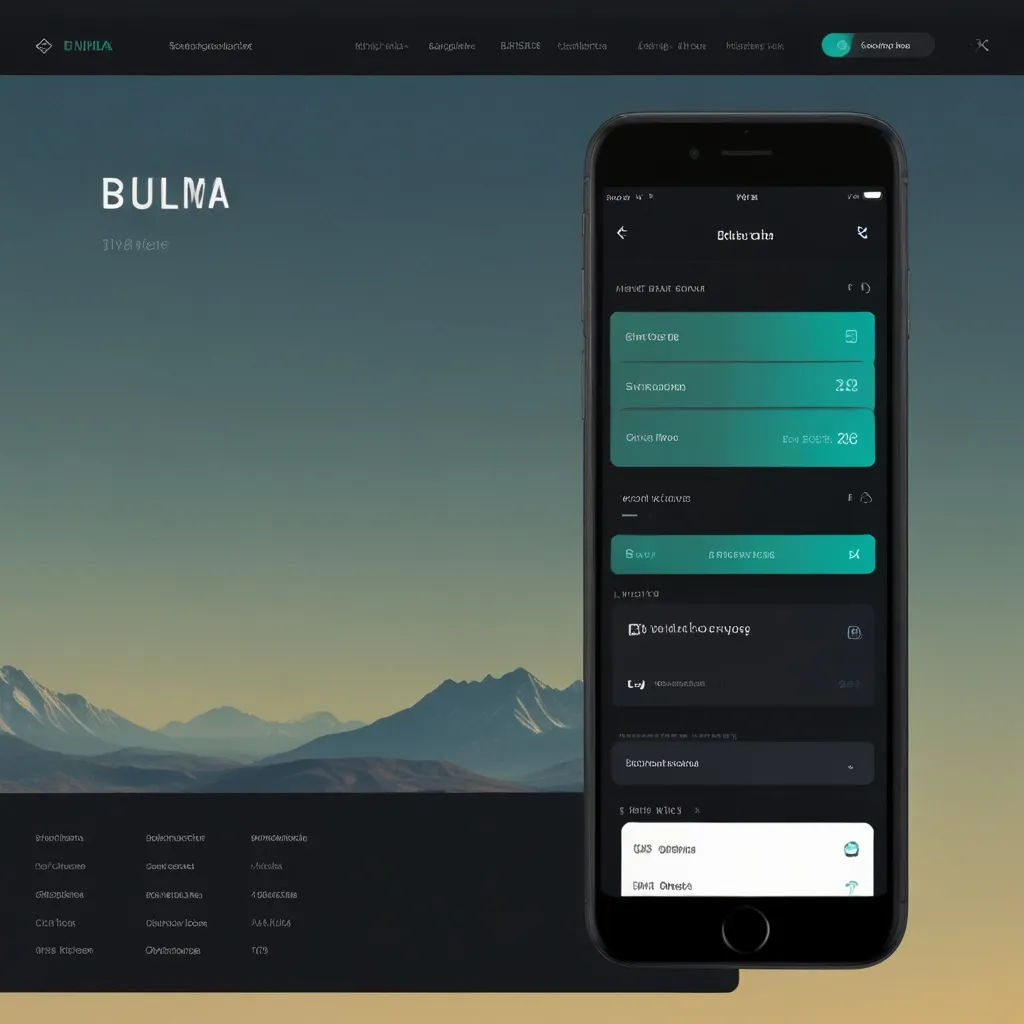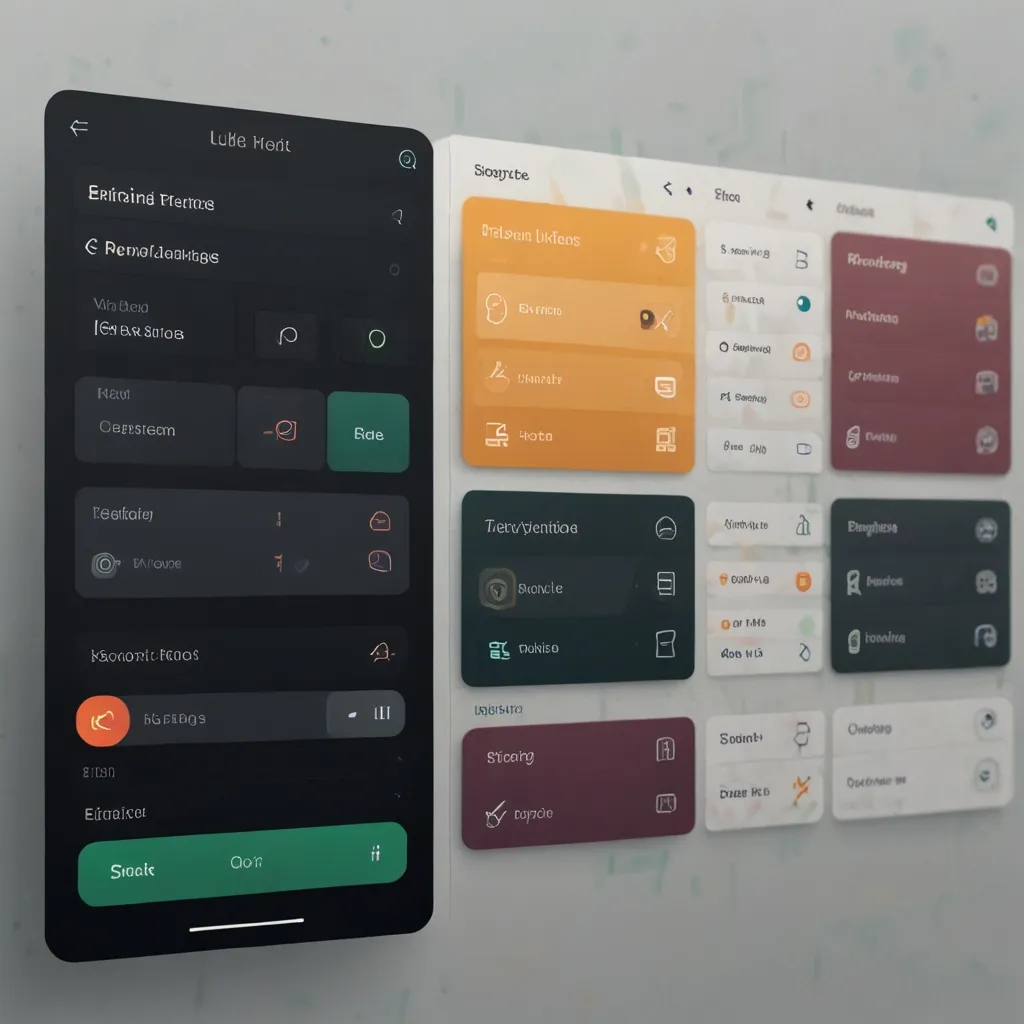Discovering Masonite: A Modern Python Web Framework
The web development scene is constantly shifting, and Python has well and truly marked its territory as a favorite among developers, especially those just starting out. But while learning Python might come easy, turning that knowledge into functional, buzzing web apps is a different ballgame. Amid all the buzzwords and choices, Masonite emerges as a super friendly, fully-loaded option that promises to make life easier for developers.
What Makes Masonite Shine?
Masonite came to life from a genuine need for a more straightforward and developer-friendly Python web framework. On one hand, you have Flask, which is as barebones as it gets, and on the other, there’s Django, which can be a bit of a beast with its complexity. Masonite strikes the perfect balance by being rich in features right out of the box while also being flexible enough for seasoned devs. This makes it an attractive choice, whether you’re just learning the ropes or you’re already a pro and want to get your project off the ground quickly.
Kicking Off Your First Masonite Journey
Getting started with Masonite is a breeze. First things first, make sure you have Python 3.7 or later. Here’s a quick guide to get you moving:
-
Install Masonite: Set up a virtual environment and install Masonite.
pip install masonite -
Spin Up a New Project: Masonite’s
craftCLI makes it easy.craft new project_name cd project_name craft serveThis sets up your new Masonite project and launches the development server. Easy peasy.
-
Understand the Layout: One look at a Masonite project’s structure, and it makes perfect sense. Folders like
app,config,database,public, andstorageclearly define their roles and make navigation a walk in the park.
Masonite’s Standout Features
Active Record ORM
Masonite comes armed with its own Active Record ORM, simplifying database interactions. You can easily query your database in an intuitive, object-oriented way.
from app.models import User
users = User.all()
for user in users:
print(user.name)
Dependency Injection
Masonite shines with its IOC (Inversion of Control) service container and auto-resolving dependency injection. Your app logic is neatly separated from specific implementations, making maintenance and testing a breeze.
from masonite.facades import Cache
class MyController:
def __init__(self, cache):
self.cache = cache
def show(self):
return self.cache.get('key')
Task Scheduling
Need to run background tasks on a schedule? Masonite’s got your back. From daily reports to spring cleaning your logs, it handles task scheduling like a champ.
from masonite.scheduling import Schedule
class DailyReport:
def handle(self):
# Code to generate and send the daily report
pass
Schedule.every().day.at("00:00").do(DailyReport().handle)
Real-Time Features
Building real-time apps? Masonite integrates seamlessly with services like Pusher and Ably, perfect for live chats or collaborative tools.
from masonite.broadcasting import Broadcast
Broadcast().to('channel_name').emit('event_name', {'message': 'Hello, world'})
Form Validation and Authentication
Masonite makes validation and authentication simple, ensuring your apps are secure from the get-go.
from masonite.validation import Validator
validator = Validator(request.all(), {
'email': 'required|email',
'password': 'required|min:8',
})
if validator.fails():
return validator.errors()
Making Developers Happy
Masonite is all about making developers’ lives easier and happier. The craft command line interface is your trusty sidekick, helping you scaffold models, controllers, views, and more with just a command.
craft model User
A Warm Community
The Masonite community is a welcoming space, especially for those diving into open-source contributions for the first time. GitHub issues tagged as beginner-friendly make it easy to get involved, and the team is known for being supportive and patient. It’s the kind of community where no question is too small or silly.
Wrapping It Up
Masonite isn’t just another web framework in the ever-growing Python landscape. It’s a developer-centric tool committed to simplifying the web development process while packing a punch with its features. From its Active Record ORM and dependency injection to task scheduling, real-time capabilities, and robust validation and authentication - Masonite truly caters to all.
So, whether you’re embarking on your first web project or looking to build something complex, Masonite offers that perfect mix of simplicity and power. Give it a whirl, and you’ll be pleasantly surprised at how quickly you can get up and running. And remember, the supportive community is always there to guide you along the way. Dive into Masonite, and let your development journey be as enjoyable as possible!






